Ideas to Make the Debate Work
.
This task is going to take all of our ideas. First, we need to recognize the factors that cause us problems. Here’s a few factors to get started.
• Not listening to one another
• Being stubborn with our opinions
• Getting to the facts and truth
• Prioritizing
.
But that’s the easy part. Now, how do we incorporate programming into our debate site to compel us towards our best thinking? What principles, what practical guidelines, what controls need to be included? How do we make the system elegant instead of cumbersome with overwhelming rules? Can we design it to be intuitive and simple to use?
.
There’s a few suggestions within this website, but it’s going to take the genius that can only come from an assemblage of creative smart people. You’re on people!
P.S. Email address is optional.
.
Back to COMMENTS MENU…
.
.
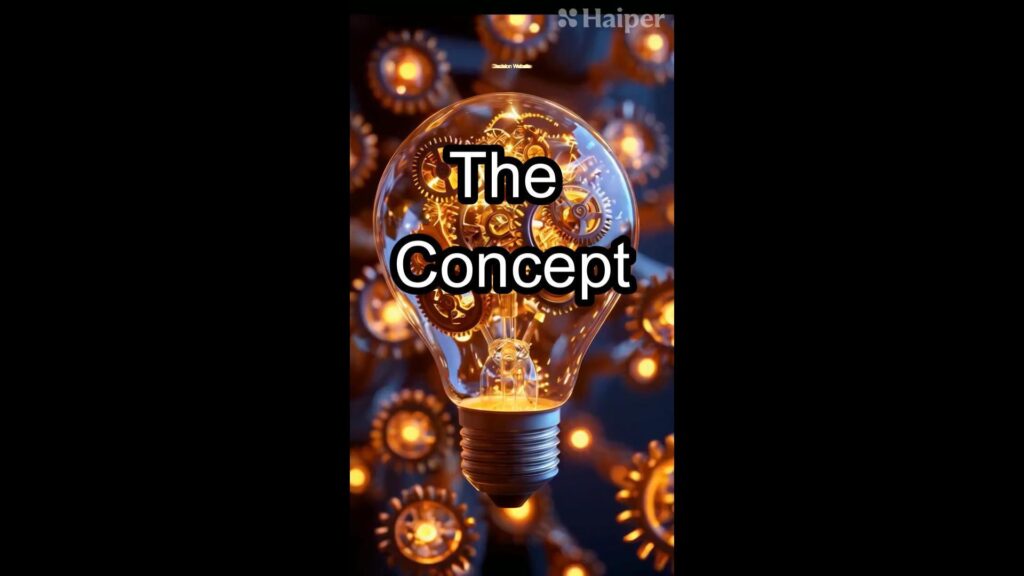

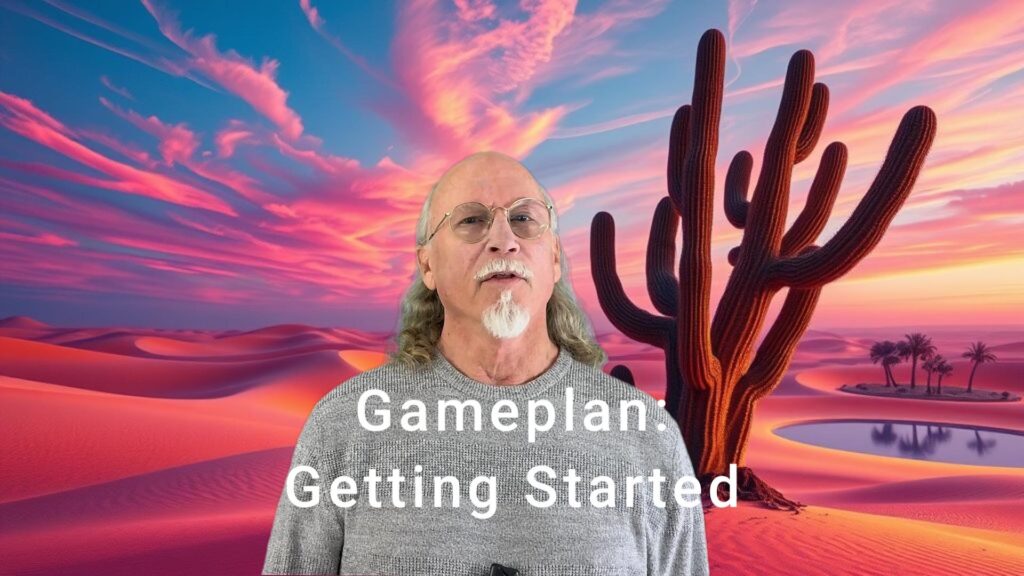
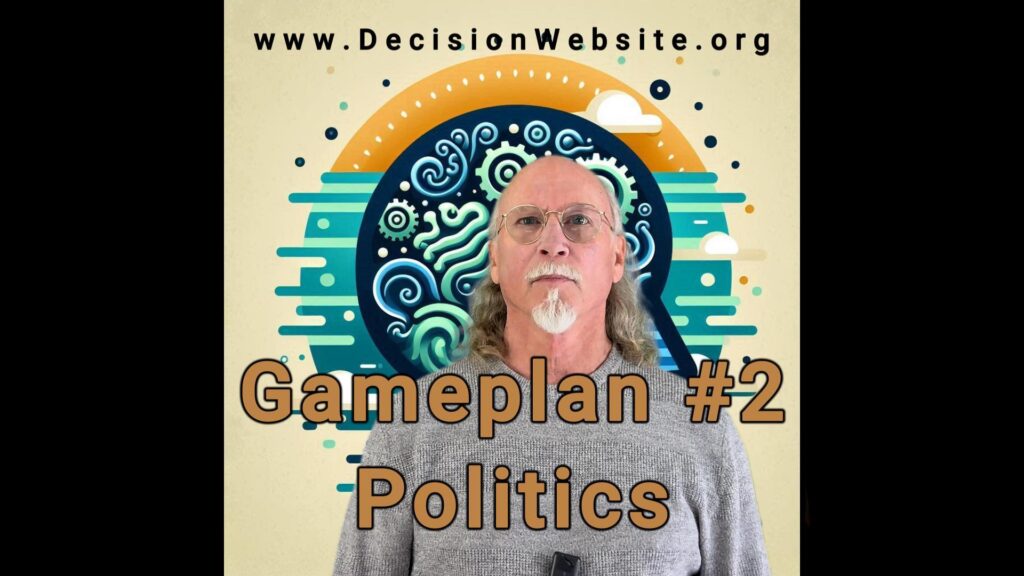
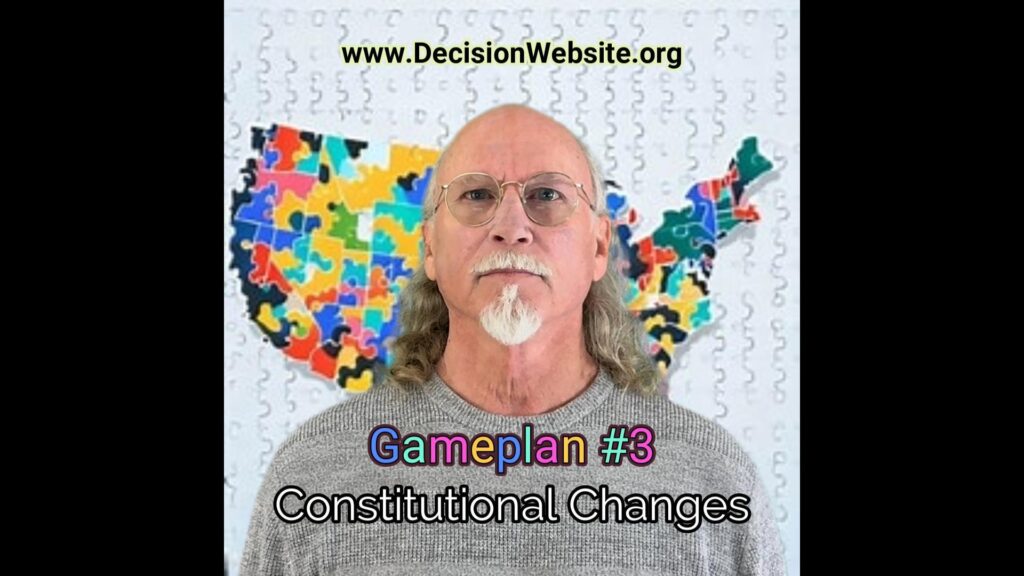
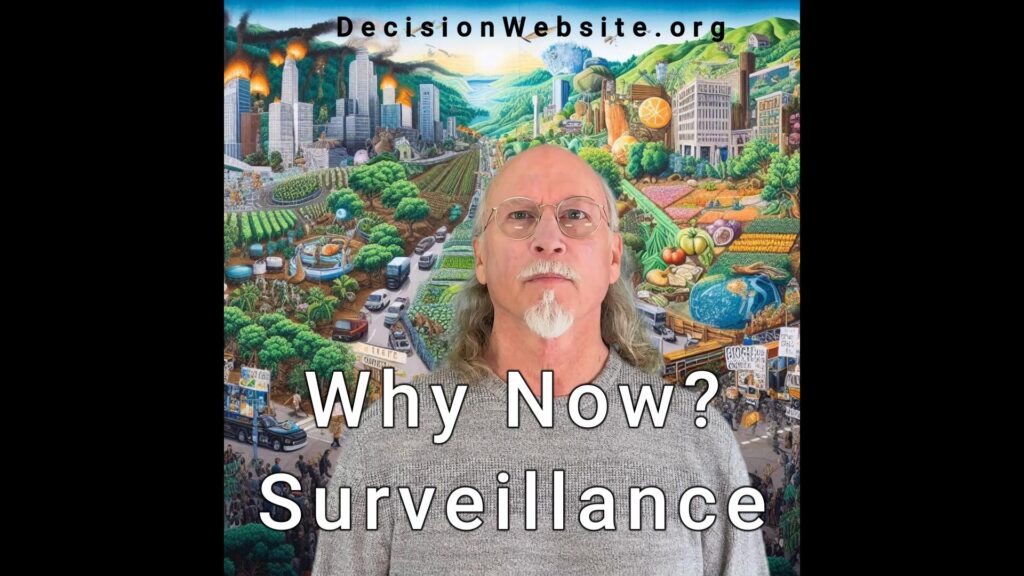
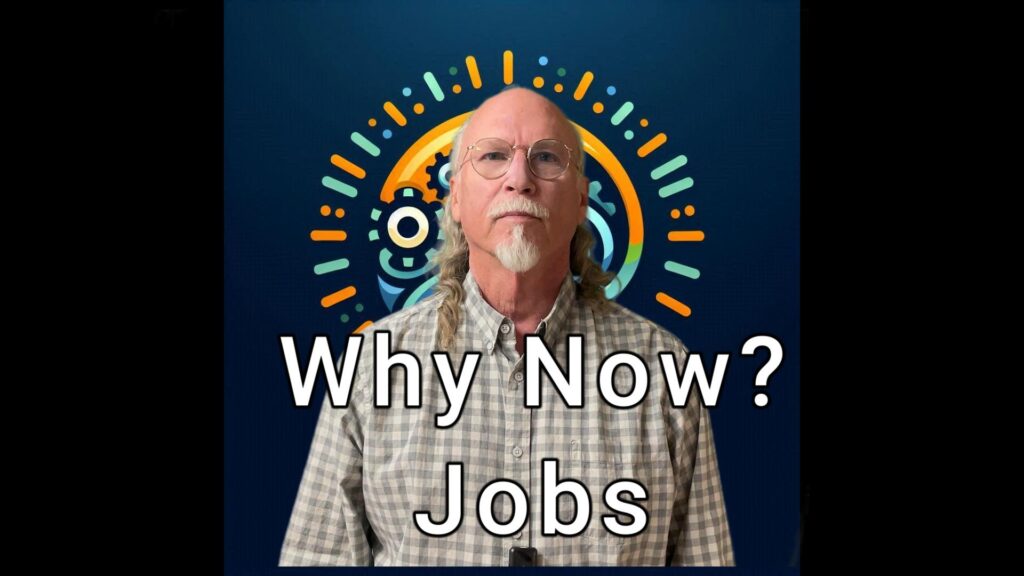

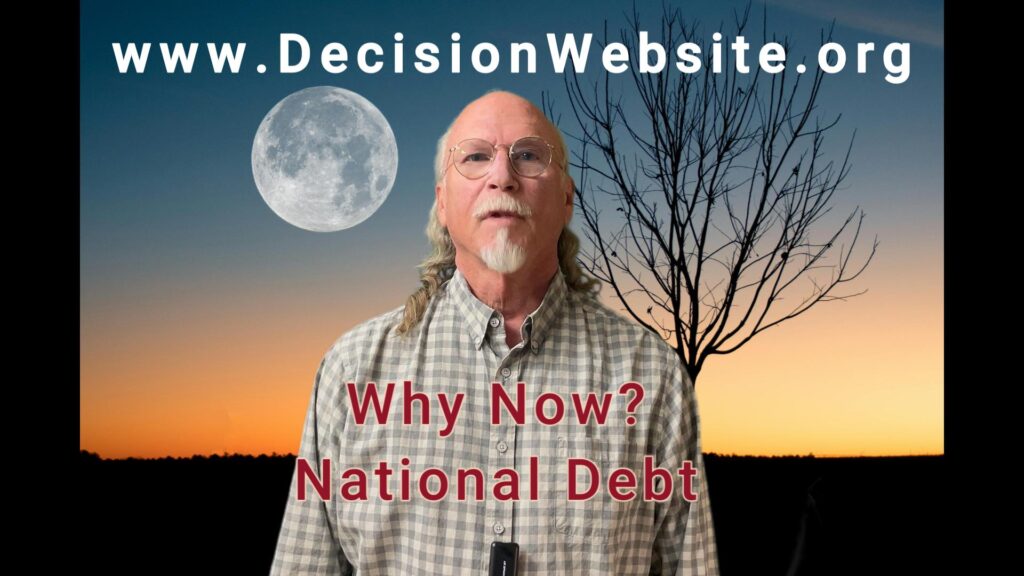

15 thoughts on “Comments-Debate”
Nuts and Bolts — We need some methodologies when participants engage in the raw debate. Point/Counterpoint or threads or collaborations. This needs some genius thinking – elegant and creative. It includes the science of discussion, the concreteness of organization and databases, what pushes us to creativity, chaos theory, interconnectivity on steroids, goal setting and prioritization, and concepts stirring in your brilliant mind.
Reference Section – I t makes sense to have a separate reference section alongside the debate. It would contain scientific studies, white papers, and longer streams of thought. And this reference section could have its own debate as to the validity and applicability of each study. This could make the debate more efficient when participants reference a study or statistic.
AI – Where can we use artificial intelligence in this process? It can be a game changer, but we have to use it wisely.
AI (Research) – I see artificial intelligence as a research tool for participants. Not as the thinker in our debate process.
AI (Moderator & Organizer) – AI might do the job which would otherwise have to be done by moderators. It could detect a troll or problems in logic or even remind you of what’s already been covered in the debate.
Participants – At first glance when thinking of democracy, it feels right to have the writers participating in the debate to be anybody and everybody. All the people – the people’s voice. However, the idea isn’t to allow people to make a stand on what they believe. It is to put together everyone’s ideas into a logical analysis. In this sense, making sure that your ideas and perspective are included in the debate is what’s important. So there are participant writers and everyone else who has a mechanism to interject ideas.
Participants (How Many) – However many participants we assign to a debate, it has to be diverse enough to neutralize their personal biases.
Participants (Anonymity) – My sense is that that real anonymity would work best for the writers participating in the debate. We could take anonymity to a new level where every time a participant logs in to write, they receive a new random nickname. It overcomes our tendency to believe certain known people without truly analyzing their ideas.
Credentialism – Anonymity can also balance credentialism where we believe someone just because of their credentials. This is a tricky one because it is efficient in a debate to apply weight to comments from experts. The question is should we tediously analyze everything from scratch to prevent the bias of a credential?
I like the idea of having a separate reference section alongside the debate where participants could reference studies, white papers, and longer streams of thought. And this reference section could have its own debate as to the validity and application of each article. That is, what a study shows and what it doesn’t show.
Registration — There is a question about who can vote in the debate site. Since the goal is to change the constitution and political narrative, it makes sense to be citizens.
Registration — Interestingly, registration and proof of citizenship is not important when debating ideas. It doesn’t seem necessary to restrict ideas from non-citizens. We should welcome perspectives from anyone and anywhere. Voting, though, is a different story.
Voting – Having people vote is what shifts the system from a “solid debate of ideas” into a useful tool to make changes in our country and push society forward. On a national level with full participation it can represent a “national opinion”.
Voting (Subtopics) — When we eventually get full participation in the debate process, it can be straight forward to encourage everyone to vote in final solutions. What’s more difficult is voting in subtopics and threads of logic, where masses of people don’t have time to follow along. Consequently, this opens the door for organized blocks of voters to inappropriately affect the logic.
Position Statements — This idea is based on making a summary of the issue being debated. It can reflect a proposed solution or a viewpoint concerning the entire issue. People will make an array of “position statements” based on their conclusion. It can be these conclusions that we vote upon.
It would be important that the “Position Statements” express the same integrity we are aiming for in the debate. In other words, these conclusions can’t use assumptions that have been rejected within the debate. Or more likely, they have to qualify that assumption to reflect what challenges it received during the debate. People will get to challenge each “Position Statement” until the authors have put in enough accuracy and frankness.
Oh, and we can use these same Position Statements (summaries/conclusions/solutions) for each smaller part of a big issue. This pushes us forward with conclusions and lets us vote on everything.
Breaking an Issue Apart – One idea I have for the debating is simply to break apart an issue into smaller pieces. If you think of an issue as a building, the parts are the walls, beams, roof, etc. We first debate the smaller parts so that we are not using suspect premises in our overall solution.
We all prefer to present our entire opinion on an issue. However, the result is that people critique or chip away at the premises. Our opinion gets messy and unstable and quite unwieldy. Isn’t it better to first establish the viability of the premises or parts?